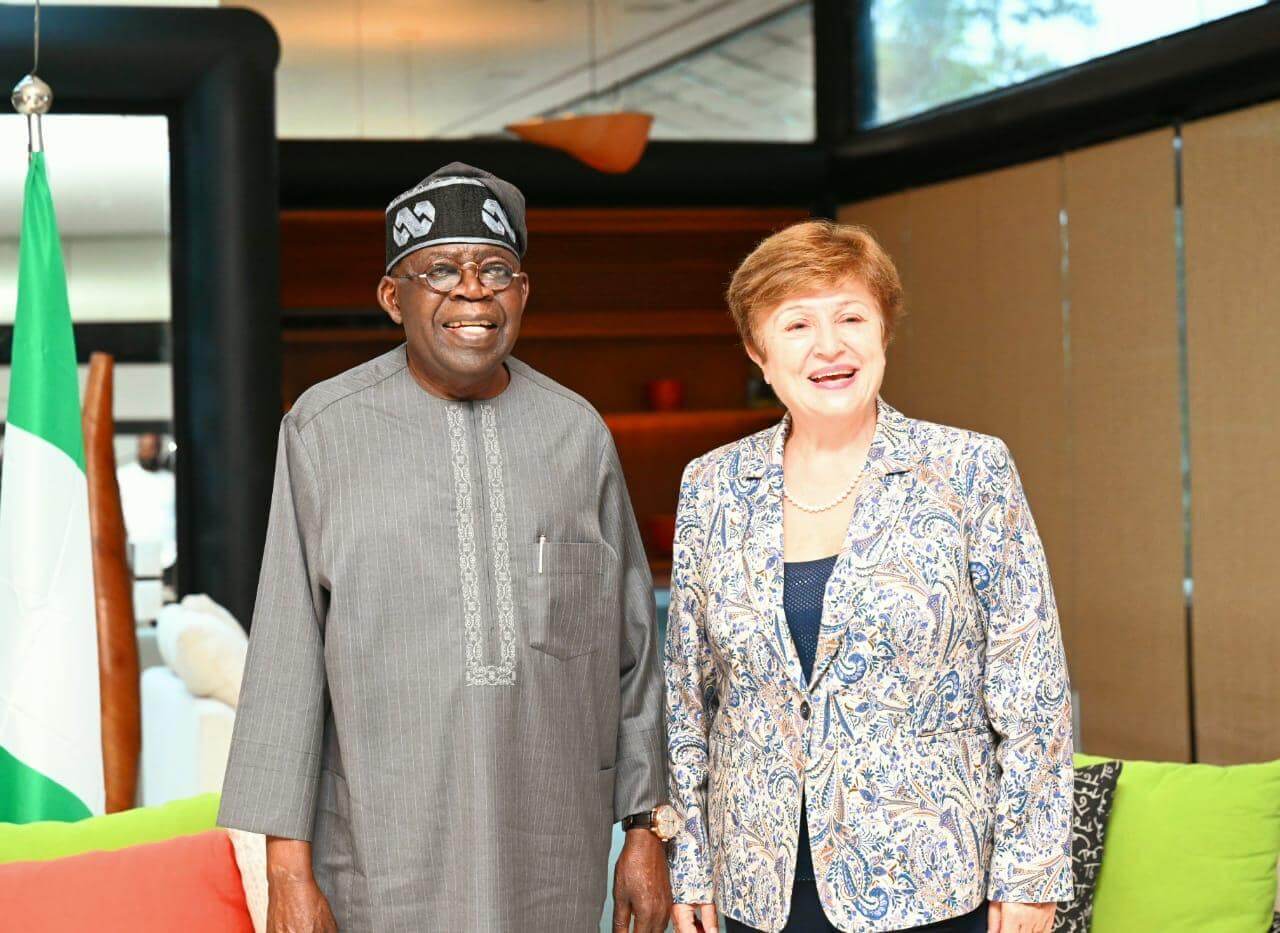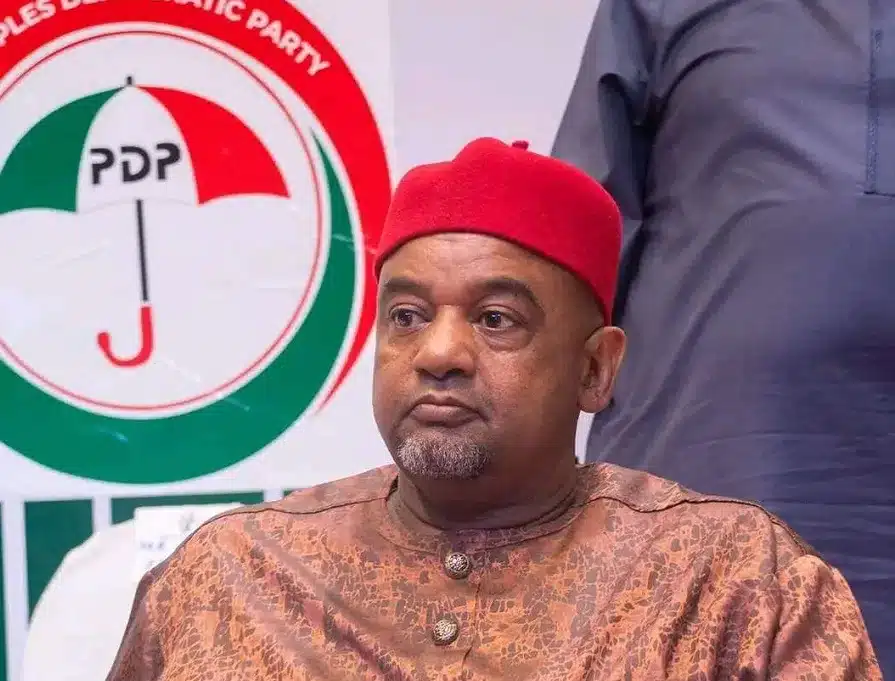…this should not be a cause of worry for potential investors in the Nigerian telecommunications industry, as the suspension of these licences should be seen from the perspective that it is meant to improve the sustainability of the various sub-segments in which the licensees operate. The Commission surely appears on top of its regulatory mandate towards creating a more conducive atmosphere for competition and ensuring the survival of every player in the industry…
As an industry enthusiast who is also a deep-diver into its activities, following the observations of some rumblings within the country’s communications ecosystem, one tended to wonder what could have recently motivated the Nigerian Communications Commission’s temporary suspension of the issuance of licences to three categories of service providers in the telecoms sector. This involves the Value-Added Services (VAS) Aggregator licences, Interconnect Exchange Service licences, and Mobile Virtual Network Operator (MVNO) licences.
It certainly goes without saying that as the primary regulator within the Nigerian telecommunications space, the NCC has the powers to grant, revoke and suspend the issuance of licences, as derived from Nigerian Communications Act 2003, as a way of sanitising the industry and ensuring that the quality of its service delivery remains top notch. Even though in this instance, the NCC could be said to have wielded one of its smaller sticks, which is a temporary suspension of licencing of potential incomers or newer operators, although the duration of this deferment appears presently unclear.
Yet, it might be safe to assume that within the context of the principle of participatory regulation that the Commission is known to practise, the length of this suspension would very likely depend on the conclusion of the review it is sure to undertake, in consultation with industry stakeholders.
Naturally, one would contemplate that this pause in an aspect of its activities would mean that NCC is not only conducting a thorough review of several key areas within these categories of licencing, but it is doing so to ensure an effective ecosystem in the telecom industry, in a manner that ultimately enhances the competitiveness of the industry for growth.
That said, with the Nigerian telecommunications industry being one of the fastest growing and profitable in the continent and beyond, there is a deep sense of concern relating to how this suspension in the issuance of licences could possibly affect national economic activities, alongside the expanding jobs and livelihoods that are essentially connected to the sector, particularly at this difficult point in the financial reality of many Nigerians.
However, industry pundits have pointed out that this will be of little to no effect, as there are already enough licencees of the Commission in operation in each of these categories to keep taking care of the needs of the industry. And also, as a liberalised sector, it is standard and good practice that when any segment becomes saturated and beset by a raft of concerns, there is need for a review in order to tackle competition issues that would reposition the licensees for better service delivery. This easily seems to be NCC’s game plan towards ensuring the competitiveness of the sector and the delivery of better industry services.
Nigerians need credible journalism. Help us report it.
PREMIUM TIMES delivers fact-based journalism for Nigerians, by Nigerians — and our community of supporters, the readers who donate, make our work possible. Help us bring you and millions of others in-depth, meticulously researched news and information.
It’s essential to acknowledge that news production incurs expenses, and we take pride in never placing our stories behind a prohibitive paywall.
Will you support our newsroom with a modest donation to help maintain our commitment to free, accessible news?
Still, it is worth considering the issues that had apparently come to impair how the operators of these three categories of licences – the VAS Aggregators, Interconnect Exchange Services and Mobile Virtual Network Operators (MVNOs) – had been discharging their remit within the communications ecosystem, which informed NCC’s decision to activate the pause button, even if just temporarily.
There are currently thirty-seven Interconnect Exchange Service licensees that are transiting traffic mainly to and from four major MNOs in the country. Yet, of the series of unfortunate issues plaguing their operations and that have been of concern to the Nigerian Communications Commission are the cases of SIM Boxing and Call Refiling, which have also become major issues impacting this sub-segment…
The first category, which is the Value Added Services (VAS) Aggregators, comprises actors who play a crucial role in the VAS ecosystem by facilitating seamless connectivity between VAS Operators (VAS Content Providers) and Mobile Network Operators (MNOs), thus streamlining the integration process of these VAS Operators to MNOs. These aggregators have the scale to ensure that all VAS Operators (VAS Content Providers), regardless of size, can easily harmonise with the MNOs.
While the NCC has issued a significant number of licences in this category of service, with 49 VAS Aggregator licences in operation, the need appears to have arisen to review the market dynamics of this sub-segment, in order to ensure effective competition. Also, it is noted that the NCC, having carried out a benchmarking exercise across a number of jurisdictions in the world, observed that Nigeria may currently have more VAS Aggregator licensees than required.
As such, it seems that the concern over saturation would be a valid reason for the pausing of licencing, to forestall “over-supply” due to a limited market. This has led to an unfortunate increase in the interconnection difficulties of several aggregators with the four Mobile Network Operators (MNOs).
The Interconnect Exchange Service providers, as the second category of licences whose issuance has been deferred, consist of operators who facilitate the interchange of voice calls among networks, whether between the Mobile Networks Operators (MNOs); between MNOs and Local Exchange Operators, who provide voice services and hold smaller licences; and between a Local Exchange Operator and private Network Links.
The original goal of introducing this licence category was to enable interconnection for smaller players and reduce interconnect indebtedness in the telecom sector. However, while these IES licensees have positively contributed to the interconnectivity of smaller operators, the issue of interconnect indebtedness has persisted in the industry.
There are currently thirty-seven Interconnect Exchange Service licensees that are transiting traffic mainly to and from four major MNOs in the country. Yet, of the series of unfortunate issues plaguing their operations and that have been of concern to the Nigerian Communications Commission are the cases of SIM Boxing and Call Refiling, which have also become major issues impacting this sub-segment, as well as MNOs that serve as the major terminating points of voice traffic in Nigeria.
Reports show that some of the licensees under this category also have other licensees to terminate traffic internationally. And, some are suspected of abusing this for SIM Boxing and Call Masking to terminate international traffic as local calls. With this, they take away revenue that should ordinarily accrue to the operators.
In as much as it is important to note that whilst these licence categories could not be said to have failed, with many of them still providing services, particularly the aggregators, while the MVNOs are showing tremendous prospects, the temporary suspension in licencing seems to be a highly desirable way of ensuring the sustainability of the various players within the various segments.
Pertaining to the third category of licences whose issuance have been restricted are the Mobile Virtual Network Operators, which hold a significant number of forty-three operating licences, and of whose operations the NCC is assessing the market to see how they evolve and perform.
It is noteworthy that many of the foregoing licences were issued by the Nigerian Communications Commission in line with the provisions of the Nigerian Communications Act, 2003, to facilitate the provision of communications facilities and access to communications services in Nigeria.
The category of VAS Aggregator licences were issued as a way of bridging the existing gap between content providers, subscribers and their operators. This was because operators are not allowed to distribute value added services to their subscribers directly. Thus, VAS Aggregators are expected to provide simplified, direct and secure connections to content and application providers for access to all network operators that can transmit value added services to end-users.
Also, the Interconnect Exchange Service (IES) licences, also referred to as interconnect clearing houses, were issued to facilitate the interconnection of the smaller to bigger operators, while ensuring that the smaller operators do not incur huge costs. The licences were also issued to improve and streamline voice call routing within the industry, alongside the streamlining of interconnect invoice settlement for smaller operators, and increasing the resilience of the interconnect segment of the industry.
For the MVNO licences, these were issued to deepen competition in the marketplace, expand coverage to rural areas, and increase market efficiency for different market niche segments. And, on its part, the
In as much as it is important to note that whilst these licence categories could not be said to have failed, with many of them still providing services, particularly the aggregators, while the MVNOs are showing tremendous prospects, the temporary suspension in licencing seems to be a highly desirable way of ensuring the sustainability of the various players within the various segments. In other words, the suspension was carried out to enhance the industry’s vibrancy.
Very importantly, this should not be a cause of worry for potential investors in the Nigerian telecommunications industry, as the suspension of these licences should be seen from the perspective that it is meant to improve the sustainability of the various sub-segments in which the licensees operate. The Commission surely appears on top of its regulatory mandate towards creating a more conducive atmosphere for competition and ensuring the survival of every player in the industry, which is actually quite inspiring.
Felix Nwankwo, a telecoms sector analyst, writes from Lagos.
Support PREMIUM TIMES' journalism of integrity and credibility
At Premium Times, we firmly believe in the importance of high-quality journalism. Recognizing that not everyone can afford costly news subscriptions, we are dedicated to delivering meticulously researched, fact-checked news that remains freely accessible to all.
Whether you turn to Premium Times for daily updates, in-depth investigations into pressing national issues, or entertaining trending stories, we value your readership.
It’s essential to acknowledge that news production incurs expenses, and we take pride in never placing our stories behind a prohibitive paywall.
Would you consider supporting us with a modest contribution on a monthly basis to help maintain our commitment to free, accessible news?
TEXT AD: Call Willie - +2348098788999




















 English (US) ·
English (US) ·